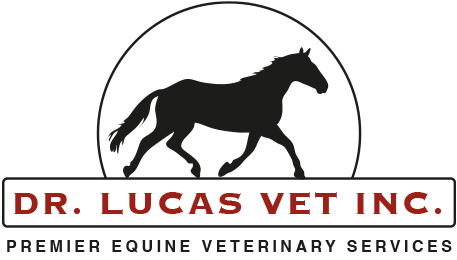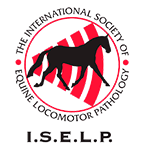The Horse
Your Guide to Equine Health Care
4 Michigan Horses Positive for Strangles
The horses live in Genesee, Ingham, and Kent counties.
The post 4 Michigan Horses Positive for Strangles appeared first on The Horse.
Quebec Horse Positive for Influenza
The horse lives in Mauricie.
The post Quebec Horse Positive for Influenza appeared first on The Horse.
How to Treat and Prevent Summer Sores in Horses
Summer sores can worsen rapidly without prompt treatment. Here's how to protect your horse from these lesions and the methods veterinarians use to address them.
The post How to Treat and Prevent Summer Sores in Horses appeared first on The Horse.



